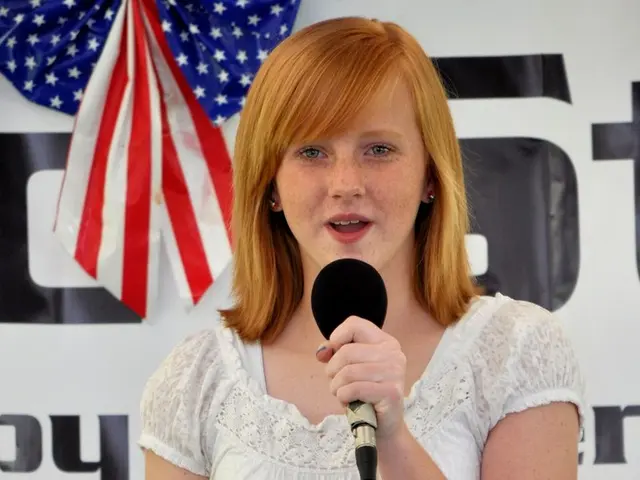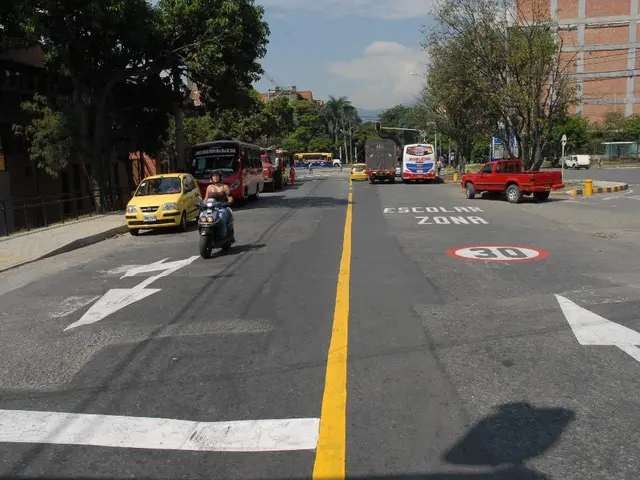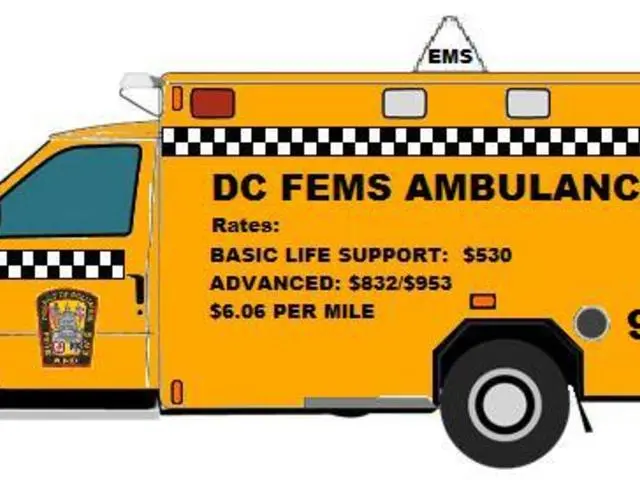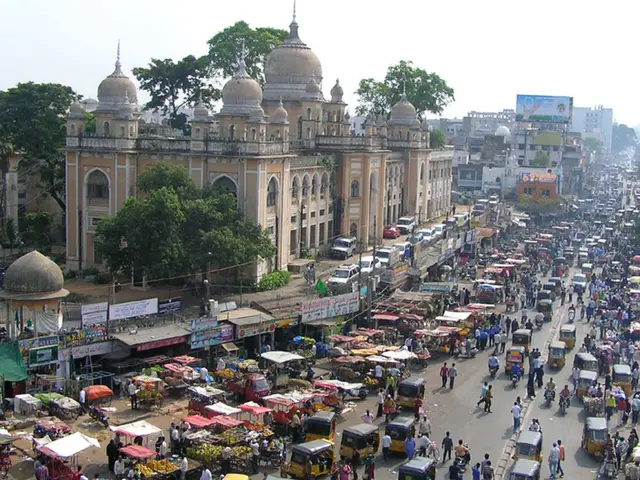Trump E Friendly-Galled by Europeans, Yet Putin Holds the upper Hand in Ukraine Matters
The ongoing Russia-Ukraine conflict continues to shape global geopolitics, with profound implications for regional power dynamics, international relations, and defense markets. The recent summit of leaders, including President Donald Trump, Russian President Vladimir Putin, and Ukrainian President Volodymyr Zelenskyy, has sparked hope for a potential resolution, but fundamental disagreements persist.
Regional Influence in Central Asia
The war's impact on Moscow and Beijing's competition for dominance in Central Asia is significant. A strengthened Russia might resist Chinese influence militarily, while China focuses on economic control. This dynamic will shape the post-war regional order as Central Asian states balance relations between these powers.
Military and Defense Sector Shifts
Russia’s intensified aerial attacks in 2025 exposed gaps in traditional air defenses, leading to increased defense spending and modernization of military capabilities among NATO and European countries. The conflict is accelerating investment in missile defense, cyber security, and AI-driven resilience strategies, reshaping global defense markets and sovereign risk assessments.
Western and NATO Unity
The conflict has reinforced NATO’s deterrence posture along its eastern flank, though Ukraine remains outside NATO membership. Western support for Ukraine remains strong, involving military aid and sanctions on Russia. However, cyberattacks and hybrid warfare from Russia are increasing, raising concerns about critical infrastructure security in Europe.
Territorial and Military Stalemate
By mid-2025, Russia controlled significant contested Ukrainian territories but faced ongoing resistance and counteroffensives from Ukraine. Russia’s nuclear threats and doctrine changes escalate fears of further escalation.
Peace Talks Involving Putin, Trump, and Zelenskyy
Since Trump’s presidency began in 2025, there has been speculation and attempts to broker peace talks between Russia and Ukraine. Trump vowed to end the war, seeking to mediate a deal. However, Putin reportedly demands full control over Luhansk, Donetsk, Zaporizhia, and Kherson oblasts before agreeing to peace, refusing earlier offers reportedly made by Trump to lift sanctions and recognize Russian sovereignty over Crimea and occupied parts of Ukraine.
Zelenskyy has expressed concerns about exclusionary peace talks that might disadvantage Ukraine, particularly fearing a lack of security guarantees and possible freezes in Western military and humanitarian aid. Recent peace talks, such as those in Istanbul, have reportedly been low on substance, with Kremlin sources doubting Putin’s willingness to end the war based solely on international pressure or Trump’s preferences.
The Way Forward
If peace reigns, there is a possibility of India refining more Russian oil for itself and China for European customers. The outcome of a planned bilateral meeting between Trump and Putin will reveal how much Ukraine might have to sacrifice for peace. A peace deal could lead to fresh elections in Ukraine, providing relief for India, which was unable to find a way to negotiate with Mr Trump effectively.
However, it is unclear if Vladimir Putin desires peace, as a planned trilateral meeting with Trump will determine this. The meetings between Trump and Zelenskyy in Washington, D.C., and between Trump and Putin in Anchorage, Alaska, have indicated a complex web of negotiations influenced by war aims and geopolitical interests. The potential for a peace agreement offers a rosy scenario, including new elections and the possibility of increased oil refining, but the path to peace remains elusive due to Mr Putin's intransigence.
[1] Regional Influence in Central Asia [2] Military and Defense Sector Shifts [3] Western and NATO Unity [4] Territorial and Military Stalemate [5] Peace Talks Involving Putin, Trump, and Zelenskyy
Read also:
- United States tariffs pose a threat to India, necessitating the recruitment of adept negotiators or strategists, similar to those who had influenced Trump's decisions.
- Weekly happenings in the German Federal Parliament (Bundestag)
- Southwest region's most popular posts, accompanied by an inquiry:
- Discussion between Putin and Trump in Alaska could potentially overshadow Ukraine's concerns








